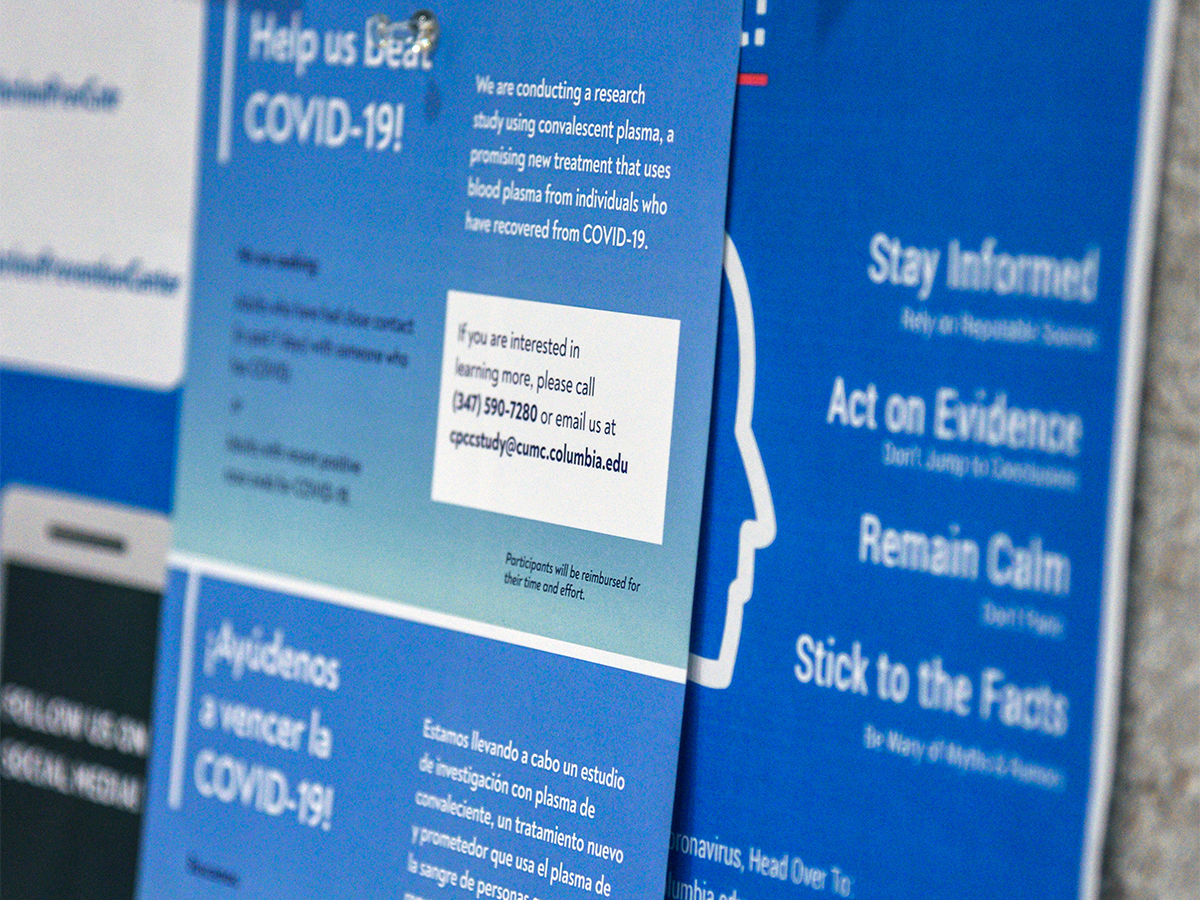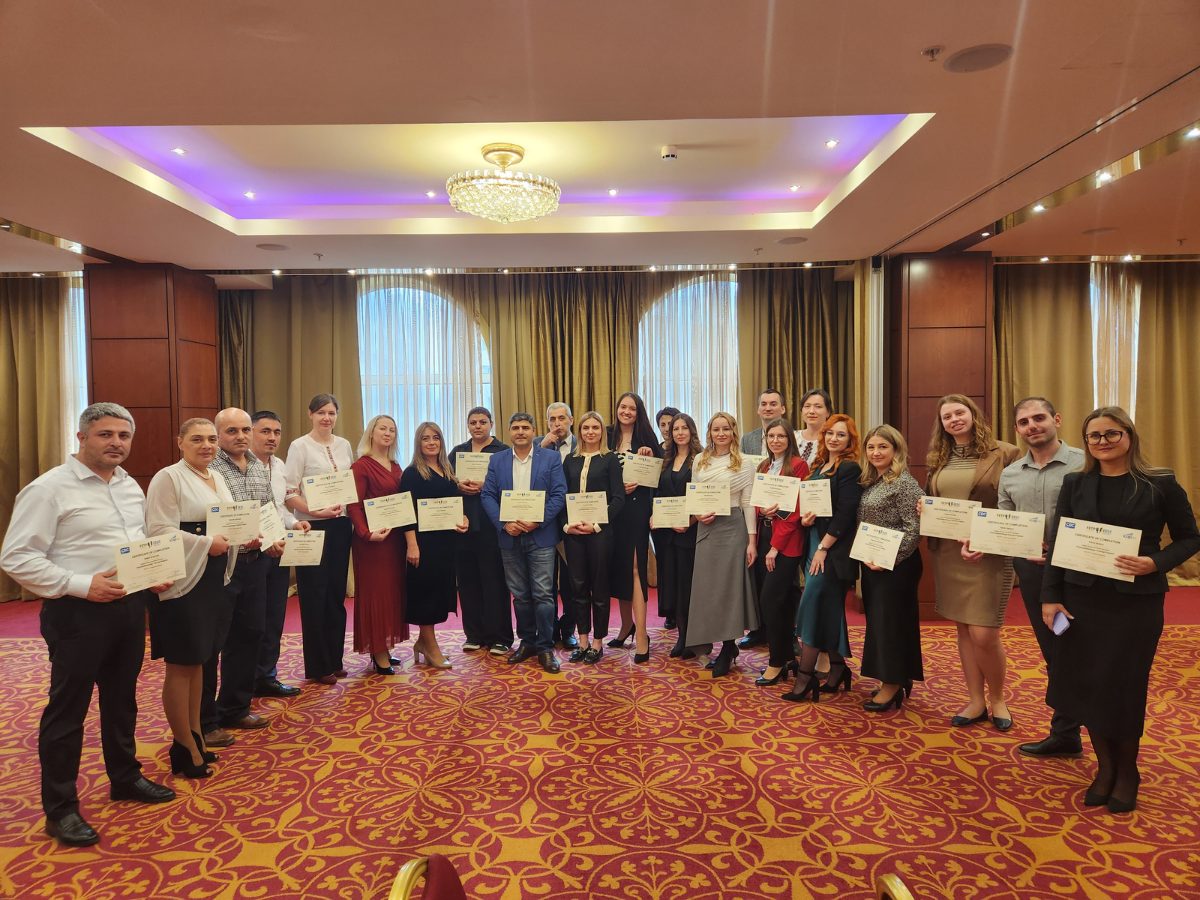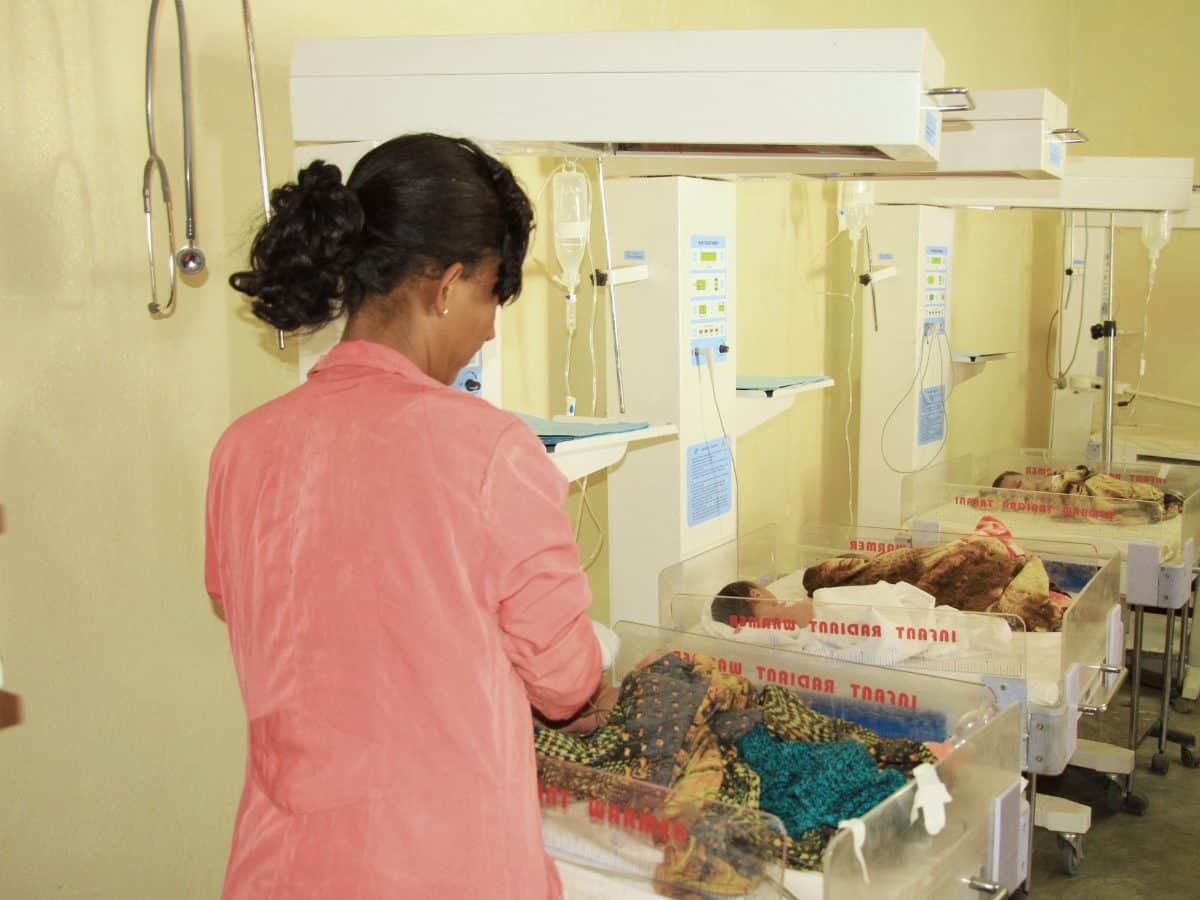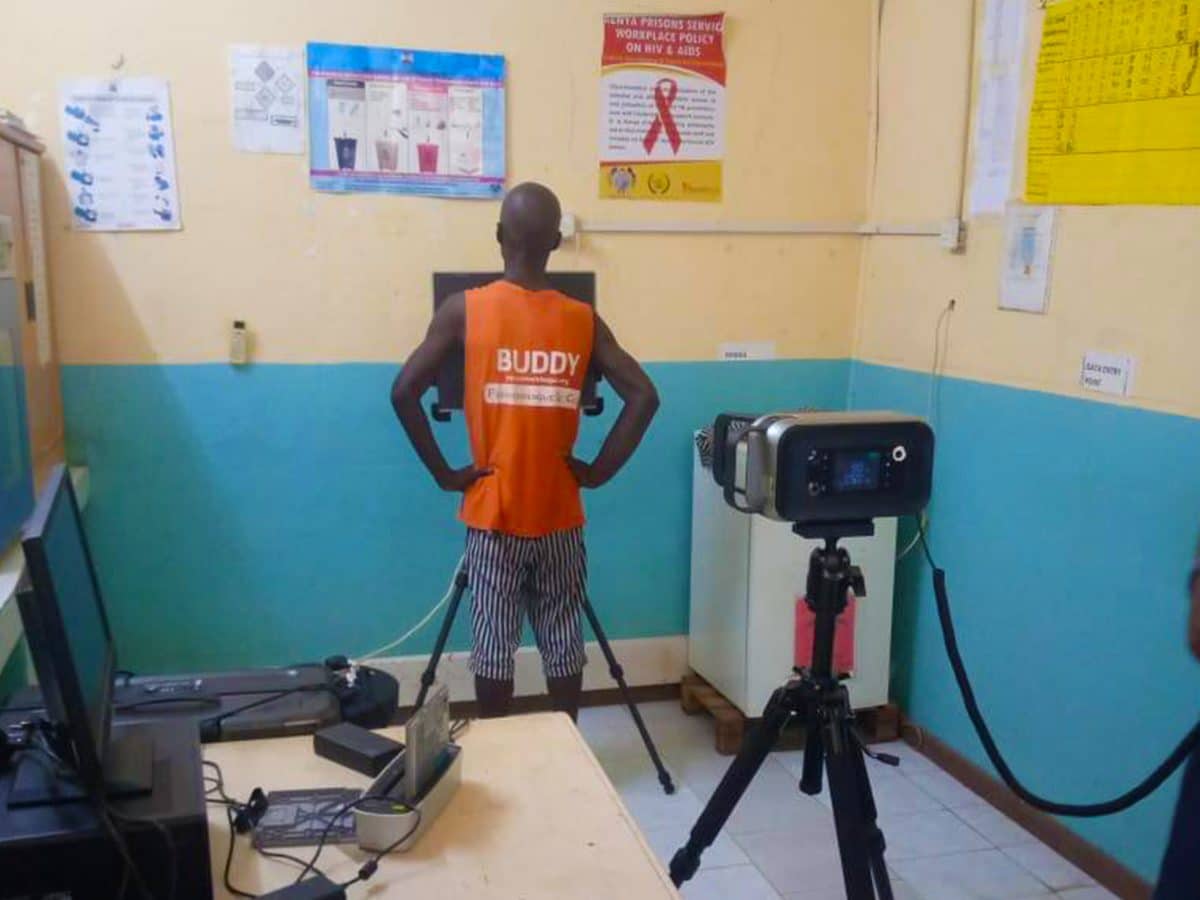As New York City weathers the storm of the most dramatic health emergency in recent history, two small but powerful enclaves of public health research carry on undaunted. ICAP’s Harlem and Bronx Prevention Centers have deep roots in the community and big hopes for improving the health of people around the world.
These clinical research centers are at the heart of ICAP’s commitment to advancing the health of New Yorkers’ most vulnerable populations. They conduct studies that inform the latest innovations in HIV prevention and then share research results to inform action in the same communities and around the world.
Rooted in the Harlem and Bronx communities, both centers strive to ensure the priorities, needs, and voices of the community are heard and considered when carrying out subject studies. As these communities in New York City are medically underserved and highly impacted by the HIV epidemic, staff work hand-in-hand with community-based organizations, nearby health centers, and local leaders to engage participants in cutting-edge clinical trials.
All staff, whether dedicated to community outreach or data collection, are well-acquainted with the community members they engage. This connection proved essential in Spring of 2020, when the COVID-19 pandemic hit New York City. To ensure the centers remained open and essential HIV prevention research activities continued, both centers instituted new procedures to safeguard the health of research participants and staff. At the same time, the centers quickly took on the new mantle of investigating potential responses to the COVID-19 pandemic.
The release of the results of the NIH-funded HIV Prevention Trials Network (HPTN) study, HPTN 083 was a source of great pride to the staff at both centers. Both centers participated in the study, which demonstrated that a pre-exposure prophylaxis (PrEP) regimen consisting of long-acting cabotegravir injected once every eight weeks was more effective than daily oral tenofovir/emtricitabine for HIV prevention among cisgender men and transgender women who have sex with men. Both forms of PrEP were highly effective in the study. The findings were announced at the 23rd International AIDS Conference (AIDS 2020: Virtual).
The Harlem Prevention Center, the team is currently conducting the HVTN 130/HPTN 089 study, which evaluates the safety and mechanisms of monoclonal antibodies to prevent HIV in adults. Both centers are also undertaking the HVTN 704/HPTN 085 study, a critical proof of concept trial to explore the potential value of a broadly neutralizing antibody for HIV prevention among men who have sex with men and transgender persons. The study results are eagerly awaited.
Building on this expertise, both research centers are now poised to engage in research on another threat to their communities—the COVID-19 pandemic.
“With the knowledge and experience in conducting high quality clinical trials for HIV prevention and treatment, the Harlem and Bronx Prevention Centers are well-equipped to continue on with this critical work and cross new frontiers in tackling the pandemic affecting all of us today,” said Julie Franks, PhD, Senior Technical Advisor in ICAP’s Clinical and Training Unit and the Harlem Prevention Center’s Investigator of Record for HPTN 083.
Based on their long histories of successful research on behavioral and biomedical approaches to HIV prevention through the global HIV Prevention Trials Network (HPTN), the centers have joined the newly formed COVID-19 Prevention Network (CoVPN).
As part of CoVPN, the centers are gearing up to educate community members on the need for COVID-19 research, especially on how potential vaccines and treatments are developed and tested. This broad education campaign is the foundation for engaging people vulnerable to COVID-19 in upcoming research studies. In the coming months, both centers will participate in several trials to better understand the effects of COVID-19 and accelerate the development of prevention methods.
“As the world mobilizes to respond to COVID-19, we at ICAP are eager to be part of the effort to find effective prevention and treatment for COVID-19,” said Wafaa El-Sadr, MD, MPH, MPA, ICAP’s global director, “I am confident the Harlem and Bronx Prevention Centers will continue to carry out this work with diligence and precision.”
A global health leader since 2003, ICAP was founded at Columbia University with one overarching goal: to improve the health of families and communities. Together with its partners—ministries of health, large multilaterals, health care providers, and patients—ICAP strives for a world where health is available to all. To date, ICAP has addressed major public health challenges and the needs of local health systems through 6,000 sites across more than 30 countries.








